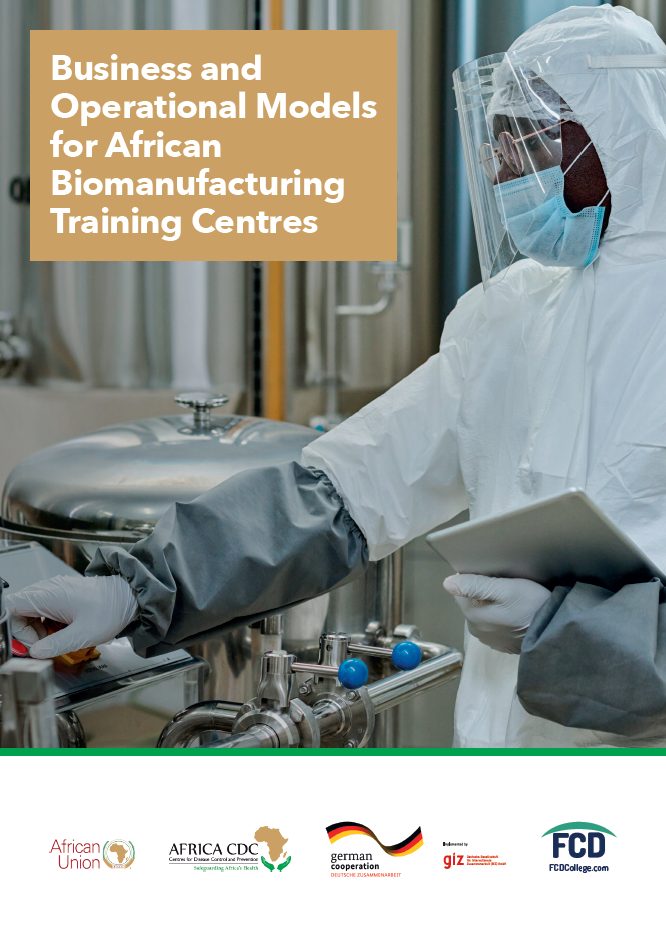Introduction & Background
The African Union (AU) has set an ambitious goal to increase local vaccine production to 60% of the continent’s requirements by 2040. The AU’s Partnerships for African Vaccine Manufacturing (PAVM), hosted by the Africa Centres for Disease Control and Prevention (Africa CDC), was established in 2021 and estimates between 900-1600 current Full Time Equivalents (FTEs) in manufacturing need upskilling, while an additional 7000-8800 newly qualified FTEs will be required by 2040. Allowing for workforce turnover and other mitigating circumstances 14,000 people will need to be trained to meet the Continent’s needs. Training must encompass research and development, process development, upstream processes,
downstream processes, formulation, fill and finish operations, and cross-cutting training in analytical testing in a quality control environment. PAVM have been given the mandate to lead the workforce development program to meet those needs.
Challenges
Establishing suitable training centres face challenges including building a facility that can adequately simulate real production processes, the creation of course content and the development of sustainable business models as the overall biomanufacturing ecosystem is established.
At present, several initiatives across Africa, including Institut Pasteur Dakar in Senegal, CSIR in South Africa, the University of the Western Cape also in South Africa, the Kemri Welcome Trust Research Program in Kenya, the EAC Regional Centre of Excellence for Vaccines, Immunization and Health Supply Chain Management in Rwanda, and the Kina Foundation in Ghana, are exploring options to establish such training centres. These
initiatives have secured some funding, although at the time or writing it is not clear what funding is for onetime capital investment and what is committed for continuous support for ongoing training. PAVM proposes to develop Regional Capability and Capacity Centre Networks (RCCCNs) to resolve the three main challenges in talent development: lack of coordination between local talent development initiatives, brain-drain of local
talent, and sustainable financing.
